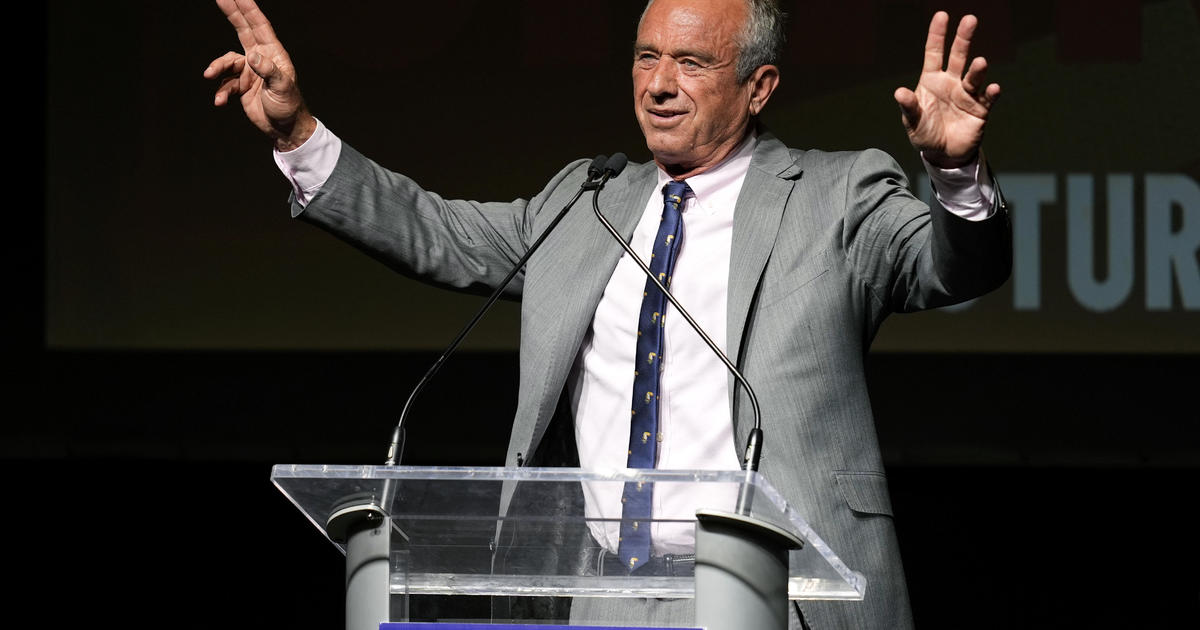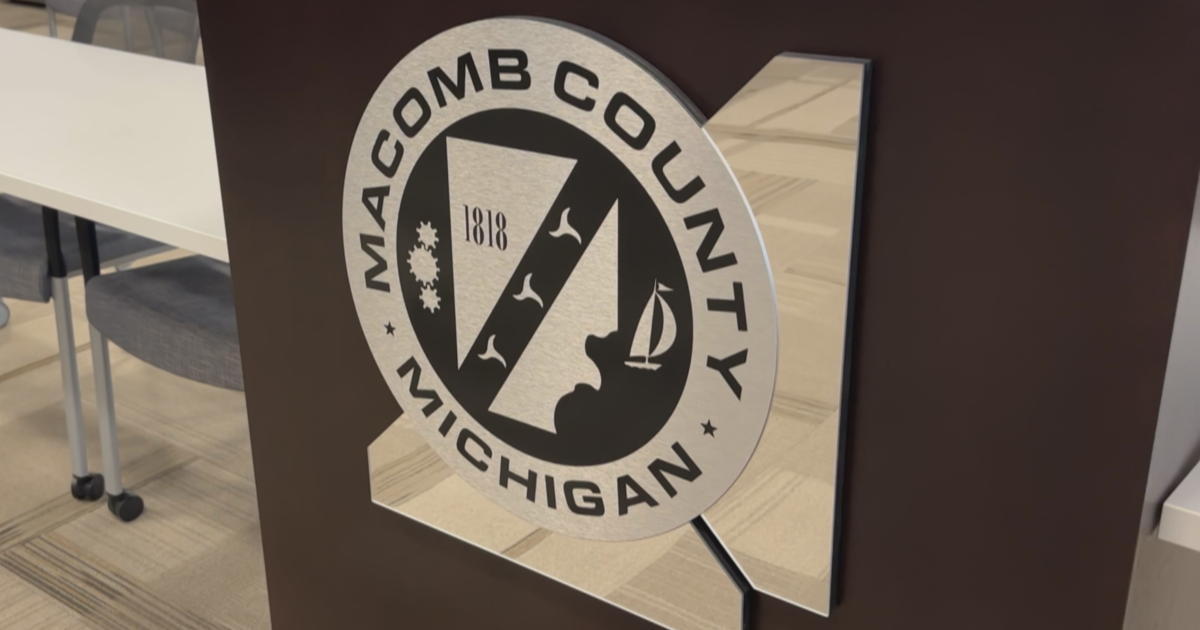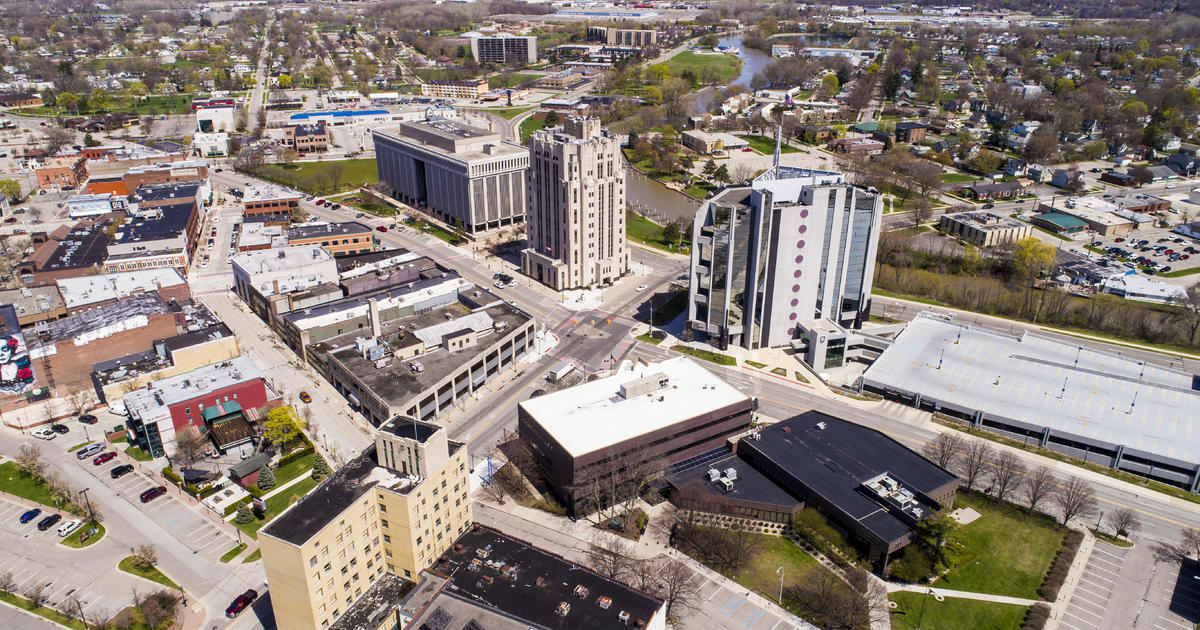Medicaid Expansion In Trouble In Mich. Legislature
By DAVID EGGERT, Associated Press
LANSING (AP) - Rep. Matt Lori found himself in an unusual position when shepherding through a $15.3 billion health budget that pays for Medicaid, the health insurance program for the needy.
The Republican chairman of the House health budget subcommittee favored GOP Gov. Rick Snyder's proposal to make hundreds of thousands of more residents Medicaid-eligible under the federal health overhaul. But he left Medicaid expansion out of the spending bill last week because it lacks enough backing among Republicans.
"We're trying to build enough support to get it done," said Lori, of Constantine. "People just need to be educated on the whole thing. It's very complicated."
Nearly seven weeks after calling for Medicaid expansion, Snyder and advocates representing businesses, health care interests and low-income residents have yet to persuade the GOP-controlled Legislature. They have two months until a self-imposed June 1 budget deadline.
The recent legislative defeat of another component of the federal health law - partnering with the U.S. government on an insurance market - is not a good sign. Some Republicans say they are open to changing course on Medicaid, though.
Among them is Rep. Robert VerHeulen of Walker, a member of Lori's subcommittee.
"I have a number of reservations. The short-term economic benefit is very appealing. But I generally don't support expansion of government," he said.
If he is going to get behind Medicaid expansion, VerHeulen wants to see the Medicaid system become more "market-driven" - where more participants contribute to the cost of their care.
"Even if it's 50 cents, it's something contributing to one's own health care or well-being. I think that's a healthy objective," he said.
Jan Hudson, senior policy analyst at the Michigan League for Public Policy, said there are small co-pays in the Medicaid program now, which is because participants are poor.
"When you put substantial cost-sharing requirements on low-income people, all you do is make it so they can't use their health coverage," she said.
The 2012 Supreme Court ruling that upheld most of the federal health law gives states the option to accept Medicaid expansion, refuse it or postpone a decision.
Advocates of expansion say lawmakers should act now for a number of reasons:
- It makes sense financially. In 2014, Michigan could add 320,000 people to a program that already serves one in five residents, and the federal government would cover the full cost for three years, phasing down to 90 percent in 2020 and after.
The state would save $200 million a year initially because more people covered by state aid would be covered with federal aid. Snyder proposes tucking away half of the savings, so Michigan effectively would not owe anything for covering more people until 2035.
If expansion is rejected, though, there may not be money for other Snyder priorities such as giving dental coverage to more low-income kids and adding specialty courts for offenders with mental problems or drug addictions.
- It avoids unintended consequences. The law had two major prongs - insurance markets, or exchanges, for middle-income households and Medicaid expansion for low-income people. Those making up to 133 percent of the federal poverty line, about $15,000 for an individual, would be eligible for Medicaid if the program is expanded.
But there could be a "coverage chasm" without Medicaid expansion - with thousands unable to enroll in the program (because they are above Michigan's eligibility cutoff, 35 percent to 50 percent of the poverty line) but also ineligible for the marketplace (because they are below the poverty level, about $11,000 for an individual).
"They're going to remain uninsured," Hudson said.
There also could be ramifications for businesses. A recent study by Jackson Hewitt Tax Service said if Medicaid is not expanded, their employers could pay $54 million to $81 million in annual penalties if certain employees buy a government-subsidized plan.
- It is the right thing to do. Not having health insurance, advocates say, is worse for people's health. And the uncompensated cost of uninsured going to the emergency room instead of getting preventive care is passed to everyone else with employer coverage or their own plan.
Conservative groups continue to oppose the Medicaid proposal, saying the deficit-ridden federal government is in no position to get bigger.
While Democrats are on Snyder's side, he has his work cut out for him when legislators return from a two-week break.
"We don't have the votes for what the governor put out, but that doesn't mean we don't have the votes to get something done that would expand Medicaid," said Republican Senate Majority Leader Randy Richardville of Monroe. "We're discussing that now."
He, too, thinks legislators have to learn more about the current system and how the expansion would work.
"What the governor's asked for are big things, so big things don't happen overnight," he said.



